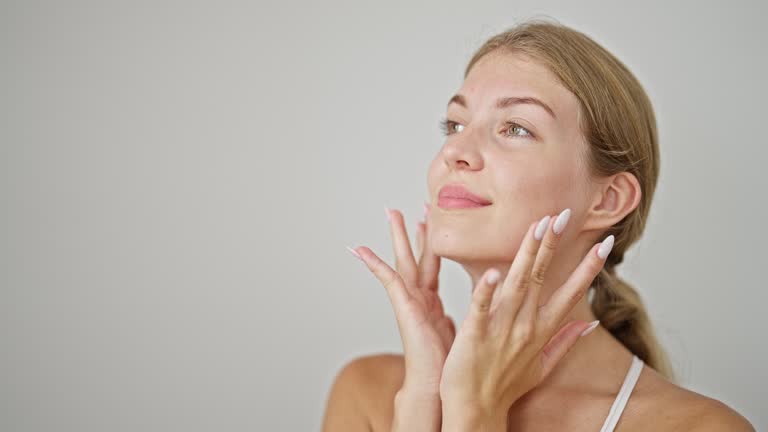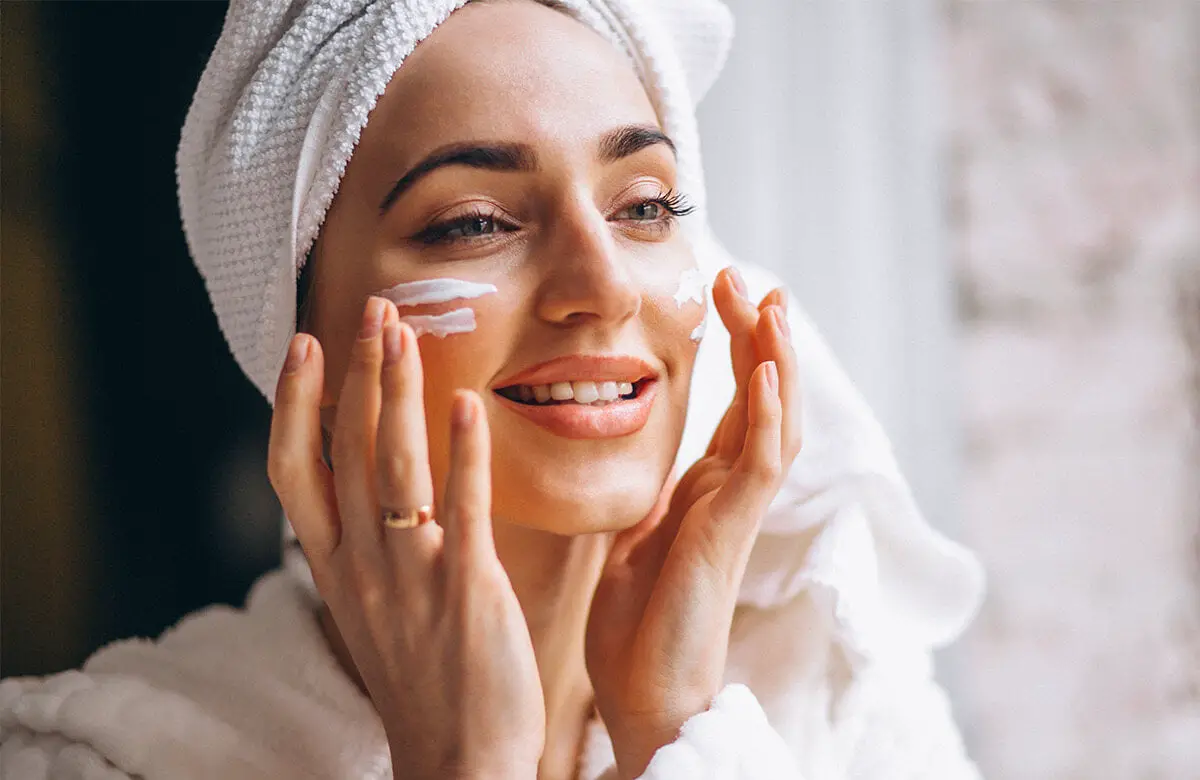Best Ingredients for Acne-Prone Skin: Essential Tips for Beauticians
As a beautician, understanding the best ingredients for acne-prone skin is crucial for recommending effective skincare solutions to your clients. Acne is a common skin concern that affects many individuals, and choosing the right ingredients can make a significant difference in managing and improving skin health. In this article, we will explore some of the top ingredients that have been proven to benefit acne-prone skin, and how you can incorporate them into your treatments and product recommendations.
Acne-prone skin requires special care and attention. The right ingredients can not only help in treating existing acne but also in preventing future breakouts. With a plethora of products available in the market, identifying the most effective ingredients can be a daunting task. Here, we delve into the science behind these ingredients to empower beauticians with knowledge that can transform their clients' skin health.
Salicylic Acid: The Exfoliating Powerhouse
One of the most popular and effective ingredients for acne-prone skin is salicylic acid. This beta-hydroxy acid (BHA) works by penetrating deep into the pores, exfoliating the skin, and removing dead skin cells that can clog pores and cause breakouts. Salicylic acid is particularly beneficial for individuals with oily skin, as it helps to control excess oil production.
Salicylic acid can be found in a variety of products, including cleansers, toners, and spot treatments. For beauticians, recommending products containing salicylic acid can be a game-changer for clients struggling with persistent acne. Its important to educate clients on how to use salicylic acid products properly to avoid over-exfoliation, which can lead to irritation.
Benzoyl Peroxide: The Bacteria Fighter
Benzoyl peroxide is another potent ingredient commonly used to treat acne. It works by killing acne-causing bacteria, reducing inflammation, and helping to clear blocked pores. This ingredient is especially effective for treating moderate to severe acne and can be found in various strengths in over-the-counter and prescription products.
When recommending benzoyl peroxide to clients, it's vital to inform them about the possibility of skin dryness and irritation. Starting with a lower concentration and gradually increasing it as the skin builds tolerance can help minimize adverse effects.
Niacinamide: The Anti-Inflammatory Agent
Niacinamide, also known as vitamin B3, is a versatile ingredient that offers multiple benefits for acne-prone skin. It has anti-inflammatory properties that help to soothe irritated skin and reduce redness. Niacinamide also helps to regulate oil production, making it an excellent choice for individuals with oily and acne-prone skin.
This ingredient can be used in conjunction with other acne treatments to enhance their effectiveness. Beauticians can recommend serums or moisturizers containing niacinamide to clients looking for a gentle yet effective solution for their acne concerns.
Retinoids: The Skin Renewal Expert
Retinoids are derivatives of vitamin A and are known for their ability to speed up cell turnover, unclog pores, and reduce acne lesions. They are highly effective in treating both acne and the post-inflammatory hyperpigmentation that often accompanies it.
For beauticians, understanding the different types of retinoids, such as retinol and adapalene, is essential for recommending the right products to clients. Proper usage is key, as retinoids can initially cause skin irritation. Clients should be advised to use retinoids at night and to wear sunscreen during the day to protect their skin.
Incorporating Ingredients into Skincare Routines
Creating a personalized skincare routine for clients with acne-prone skin can significantly enhance their skin health. Combining the right ingredients with proper skincare practices is vital. For instance, a routine might include a gentle cleanser with salicylic acid in the morning, followed by a niacinamide serum and a non-comedogenic moisturizer.
In the evening, clients can use a retinoid product after cleansing to aid in skin renewal. It's essential to remind clients to patch-test new products and to introduce them gradually to avoid overwhelming their skin.
Conclusion
As a beautician, staying informed about the best ingredients for acne-prone skin allows you to provide valuable advice and product recommendations to your clients. By understanding the benefits and proper usage of ingredients like salicylic acid, benzoyl peroxide, niacinamide, and retinoids, you can help clients achieve clearer, healthier skin.
To further enhance your knowledge and skills, consider exploring resources such as the skincare routine for sensitive skin or tips on choosing the right products for different skin types.

FAQs
What is the best ingredient for treating acne?
There isn't one 'best' ingredient, as effective acne treatment often involves a combination of ingredients like salicylic acid, benzoyl peroxide, niacinamide, and retinoids. Each serves a specific function in combating acne symptoms.
How can I recommend products with these ingredients to my clients?
Understanding the specific skin concerns of your clients is crucial. Recommend products based on their skin type and sensitivity, and educate them on proper usage to maximize benefits and minimize side effects.
Are natural ingredients effective for acne-prone skin?
Yes, natural ingredients such as tea tree oil and aloe vera have anti-inflammatory and antimicrobial properties that can benefit acne-prone skin. However, it's essential to ensure these are used in appropriate concentrations to avoid irritation.
This article contains affiliate links. We may earn a commission at no extra cost to you.

